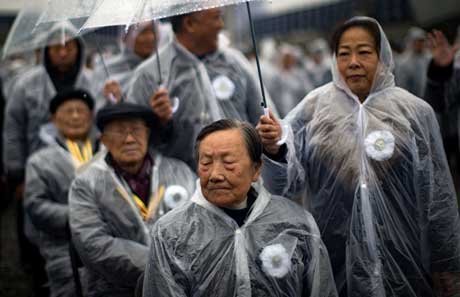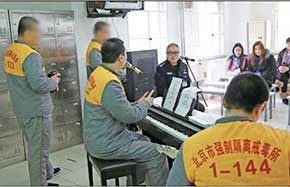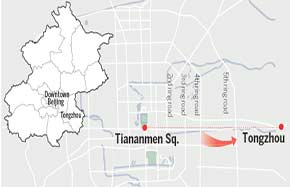Top judicial search terms of 2016 revealed
China's largest search engine released a report on Wednesday identifying the most popular search terms over the year to November that related to the country' judiciary.
Baidu posted the report as the Supreme People's Court held an open day at Beijing High People's Court on Wednesday morning.
It revealed that eight search terms, including judicial reform and transparency, had been particularly popular this year.
"Many netizens in the past few months have focused on our country's judicial reform, raised by the central leadership in 2013," said Qin Jian, a big data specialist at Baidu.
"Another issue that has had great attention paid to it is the degree to which courts' work is transparent."
Other popular searches related to the establishment of circuit courts and parole, as a series of measures on judicial reform have recently come into effect, according to Qin.
Meanwhile, several high-profile cases have been discussed heatedly online, including those involving Nie Shubin and Xu Yuyu, the report said.
Nie, 21, from Hebei province, was pardoned by the Second Circuit Court in Shenyang, Liaoning province, on Dec 2, more than two decades after he was wrongly sentenced and executed for rape and murder.
In August, Xu, an 18-year-old from Linyi, Shandong province, died of a heart attack after losing 9,900 yuan ($1400) in a phone scam. The money had been saved to cover her college tuition fees.
Her case aroused public huge outrage and a number of suspects allegedly involved in the fraud have been detained.
"The report shows that netizens not only paid attention to the facts of these cases, but also how courts dealt with them and the legal knowledge behind them," Qin said.
He added that more big data will be applied to legal development, while his company will carry on collecting related statistics to help residents understand courts' work.
Jing Hanchao, vice-president of the Supreme People's Court, said that Chinese courts have been asked to make full use of big data to improve work efficiency.
"We are making efforts to set up e-courts, providing more legal convenience for litigants to appeal, as well as ensuring residents can see our work, making justice visible," Jing said.





















